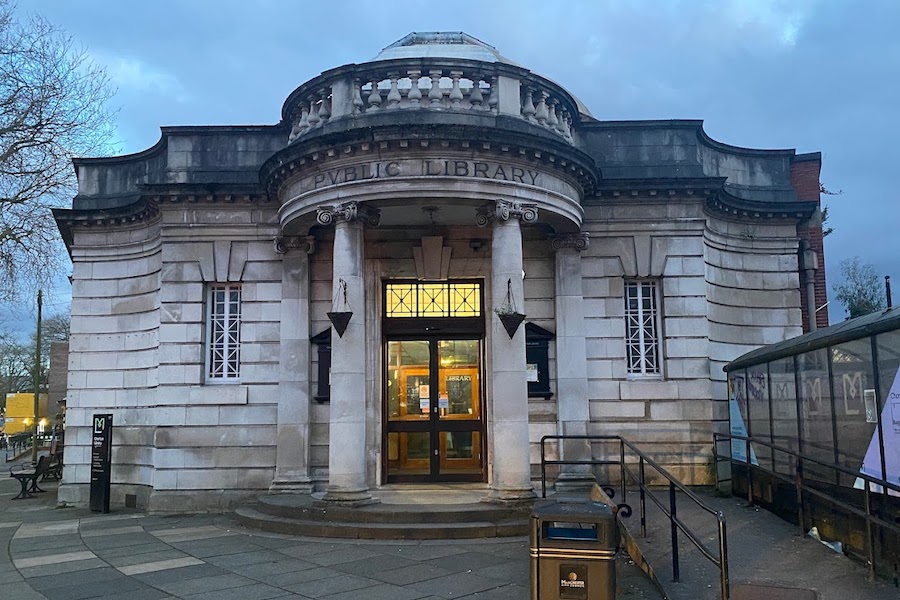How Manchester’s turbulent past shaped a global icon of journalism
- Written by Thom Bamford
- Last updated 3 weeks ago
- Community, Cornerstone, Culture, Featured, People
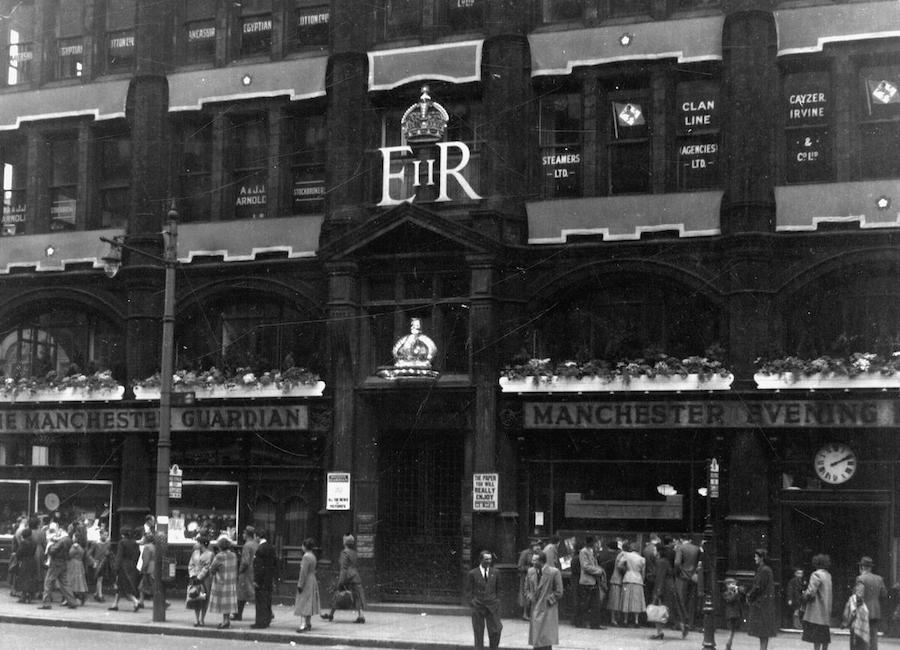
The Guardian newspaper traces its roots firmly to Manchester, where it began life as a reaction to social and political turbulence.
Founded in 1821 by John Edward Taylor, a Manchester-based cotton merchant, the newspaper was initially named The Manchester Guardian.
It was conceived in the aftermath of the Peterloo Massacre, an event where peaceful protesters demanding parliamentary reform were violently suppressed. Taylor, deeply troubled by the lack of honest reporting surrounding the massacre, aimed to create a paper that championed liberal values, civic engagement, and truth.
The Manchester Guardian and I Love Manchester
The Guardian newspaper, founded in Manchester as the Manchester Guardian, and I Love Manchester, a symbol of city pride and resilience, have a shared history and are connected to the city’s identity. The newspaper played a role in the campaign’s origins.
The Guardian has played a significant role in documenting and reporting on Manchester’s history, culture, and events, including the growth of the inaugural “I Love Manchester” campaign in 2011 and the efforts to show support for Manchester after the riots. “The I Love MCR campaign united the Greater Manchester region and produced a package of measures to boost the local economy,” said The Guardian.
“Few Mancunians will be unaware by now of the social media-savvy campaign rescuing the Manchester brand as an enticing location to shop, relax and invest in.”
The Guardian’s origin story
When The Manchester Guardian first hit the streets, it operated out of small offices on Market Street in the city centre. The paper quickly distinguished itself by providing in-depth coverage of issues affecting Manchester’s burgeoning industrial society, including workers’ rights, trade, and urban reform.
It gave a voice to the city’s middle class and campaigned for free trade, reflecting the liberal, reformist ideals of Taylor and his colleagues. At a time when Manchester was the epicentre of the Industrial Revolution, the paper became an essential voice for those advocating social progress.
The Manchester Guardian played a pivotal role in the abolition of the Corn Laws, a set of trade restrictions that had kept grain prices artificially high. The newspaper’s editorials and reports on public meetings helped galvanise support for free trade, which was of vital importance to Manchester’s industrialists. The city’s economic prosperity was tied to the success of its factories, and The Manchester Guardian ensured that Manchester’s voice was heard on the national stage.
Charles Prestwich Scott
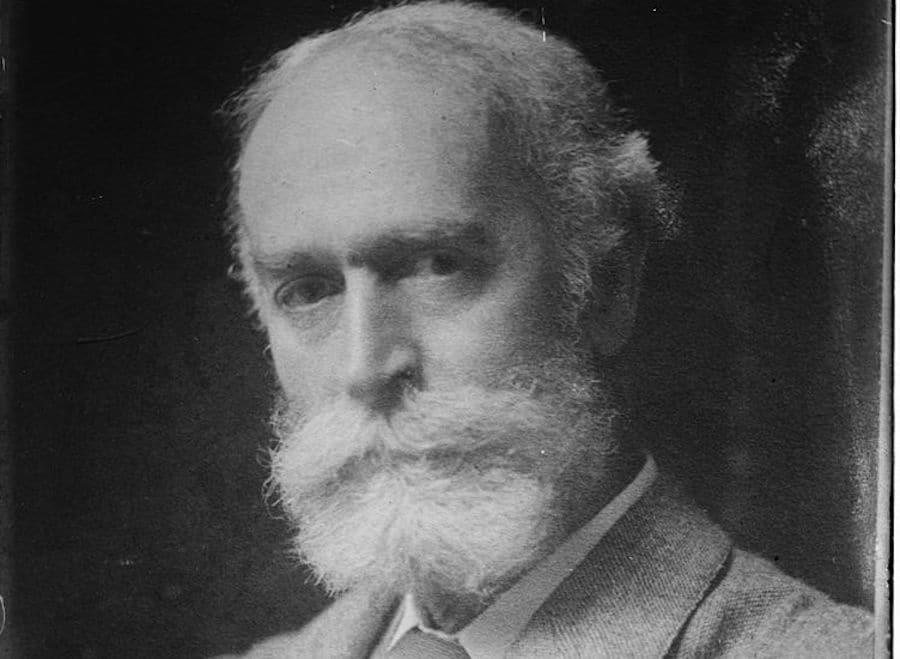
In 1872, Charles Prestwich Scott became editor of The Manchester Guardian, a role he held for 57 years. Scott was instrumental in defining the paper’s editorial ethos. Under his leadership, the publication championed progressive causes, including women’s suffrage and Irish Home Rule. Scott also moved the newspaper away from its original provincial focus, broadening its appeal across the UK while remaining loyal to its Manchester roots. His famous adage, “Comment is free, but facts are sacred,” encapsulates The Guardian’s commitment to journalistic integrity.
Scott also oversaw the newspaper’s relocation to purpose-built offices on Cross Street, symbolising its growing influence. During his tenure, the paper became known for its coverage of international events, including both World Wars, while maintaining a steadfast focus on issues affecting Manchester’s working and middle classes.
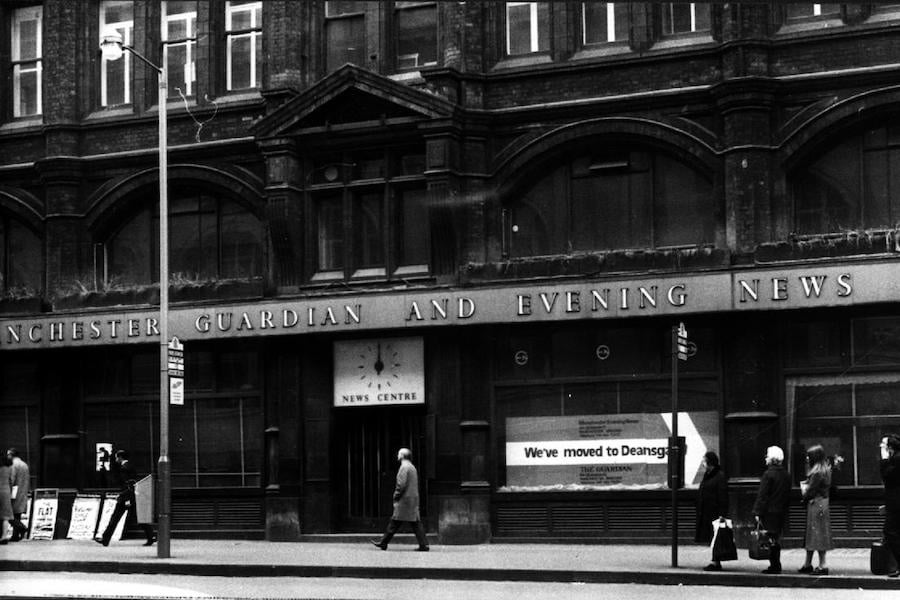
Under Scott’s guidance, The Manchester Guardian maintained a strong moral stance during times of political unrest. The newspaper famously opposed the Boer War and was critical of the appeasement policies leading up to World War II. This unwavering commitment to principles earned the paper both respect and controversy.
The Guardian’s printing operations in Manchester
The Guardian’s printing history in Manchester is another significant chapter. For much of the 19th and early 20th centuries, the paper was printed on site. The printing presses on Cross Street were vital to its operations, and Manchester residents could often see the paper being distributed directly to newsagents across the region. Even as the editorial offices moved south to London, the printing operations remained in Manchester, continuing the city’s connection to the publication. The final Manchester edition was printed in 2008, marking the end of nearly two centuries of local production.
From Manchester to the World
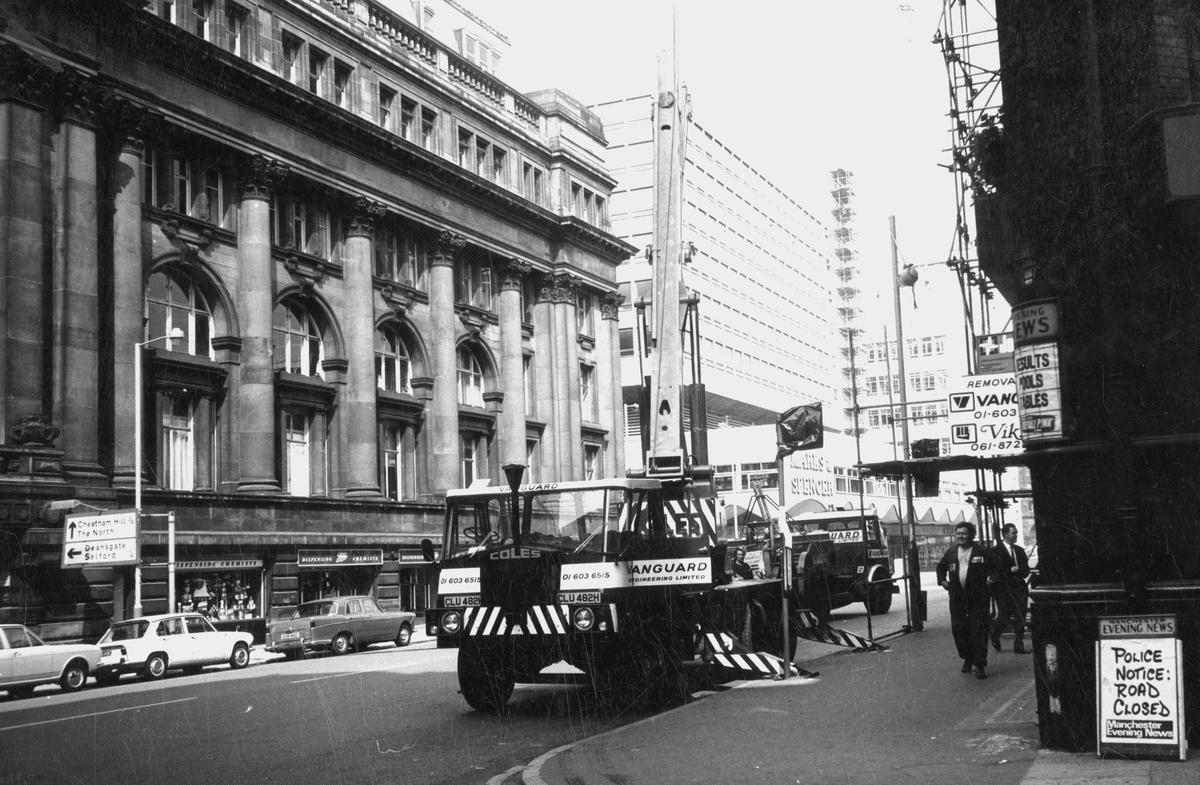
Despite its growing reputation, The Guardian remained rooted in Manchester until the 1960s. In 1959, the paper officially dropped “Manchester” from its title, reflecting its national and international ambitions. By 1964, the main editorial offices had moved to London, although its printing operations continued in Manchester for several years. This transition marked a new chapter in the paper’s history, enabling it to compete directly with other national newspapers.
While London became the hub for editorial decisions, Manchester never faded from The Guardian’s narrative. The paper maintained northern offices and continued to report extensively on issues affecting the North of England. Its Manchester origins shaped its identity as a newspaper that stood up for regional issues on the national stage.
The Guardian today
Today, The Guardian is part of the Guardian Media Group, owned by the Scott Trust, which safeguards its independence. While the newspaper is now headquartered in London, it maintains strong ties to Manchester. The city is home to its northern offices and remains an integral part of its identity.
Recent years have seen The Guardian engage deeply with its own history, particularly regarding its founder’s links to transatlantic slavery. This introspection has led to initiatives such as the Legacies of Enslavement project, based in Manchester, which aims to explore and address how slavery shaped the city and the newspaper’s origins. Collaborations with local institutions, such as the Science and Industry Museum, underscore The Guardian’s commitment to engaging with Manchester’s diverse communities and reflecting on its complex past.
Key figures in Manchester Guardian history
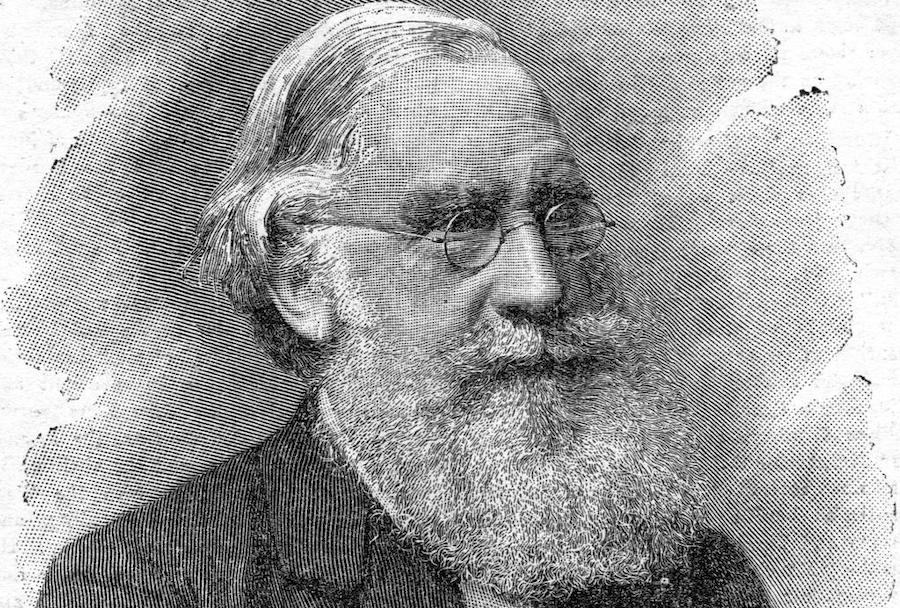
John Edward Taylor, the founder, and Charles Prestwich Scott are not the only individuals who left an indelible mark on the newspaper. During the 20th century, the paper benefited from a team of talented journalists and editors who carried its legacy forward. Notably, Neville Cardus revolutionised sports writing while working for The Manchester Guardian, blending literary flair with reportage in cricket and football journalism. His work brought a new dimension to sports reporting and further solidified the paper’s reputation for innovation.
The Guardian’s cultural impact in Manchester
The Guardian’s cultural impact in Manchester extended beyond journalism. The paper was deeply embedded in the city’s intellectual and artistic life, supporting local writers, artists, and campaigns for civic improvements. Its offices often hosted discussions and debates on critical social issues, further cementing its role as a hub for progressive thought in Manchester.
The Guardian’s connection to the Manchester community remains strong through its continued coverage of northern issues and partnerships with local institutions. Events such as the Manchester International Festival and the city’s ongoing urban regeneration projects often feature prominently in the paper’s reporting.
A continued connection
The Guardian’s story is one of transformation—from a local liberal paper to a globally influential media organisation. Yet, its Manchester roots remain central to its identity. Through its history of advocating for reform, supporting social justice, and maintaining a connection to its birthplace, The Guardian embodies the progressive spirit of the city where it all began.
You can find out more about the history of the Guardian by clicking here
- This article was last updated 3 weeks ago.
- It was first published on 27 January 2025 and is subject to be updated from time to time. Please refresh or return to see the latest version.
Did we miss something? Let us know: press@ilovemanchester.com
Want to be the first to receive all the latest news stories, what’s on and events from the heart of Manchester? Sign up here.
Manchester is a successful city, but many people suffer. I Love Manchester helps raise awareness and funds to help improve the lives and prospects of people across Greater Manchester – and we can’t do it without your help. So please support us with what you can so we can continue to spread the love. Thank you in advance!
An email you’ll love. Subscribe to our newsletter to get the latest news stories delivered direct to your inbox.
Got a story worth sharing?
What’s the story? We are all ears when it comes to positive news and inspiring stories. You can send story ideas to press@ilovemanchester.com
While we can’t guarantee to publish everything, we will always consider any enquiry or idea that promotes:
- Independent new openings
- Human interest
- Not-for-profit organisations
- Community Interest Companies (CiCs) and projects
- Charities and charitable initiatives
- Affordability and offers saving people over 20%
For anything else, don’t hesitate to get in touch with us about advertorials (from £350+VAT) and advertising opportunities: advertise@ilovemanchester.com

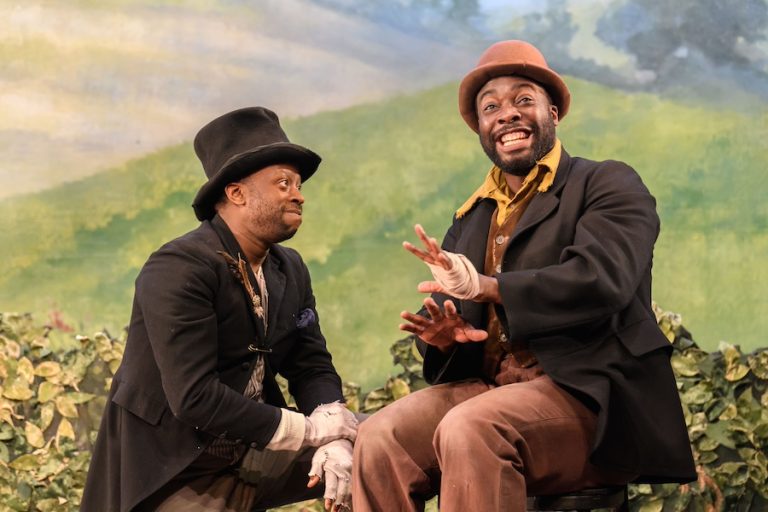
Review: Tambo & Bones at HOME is ‘ambitious, bold, gutsy…. and terrific’

Review: JB Shorts 26 at 53two is ‘a five-star showcase of northern talent’










